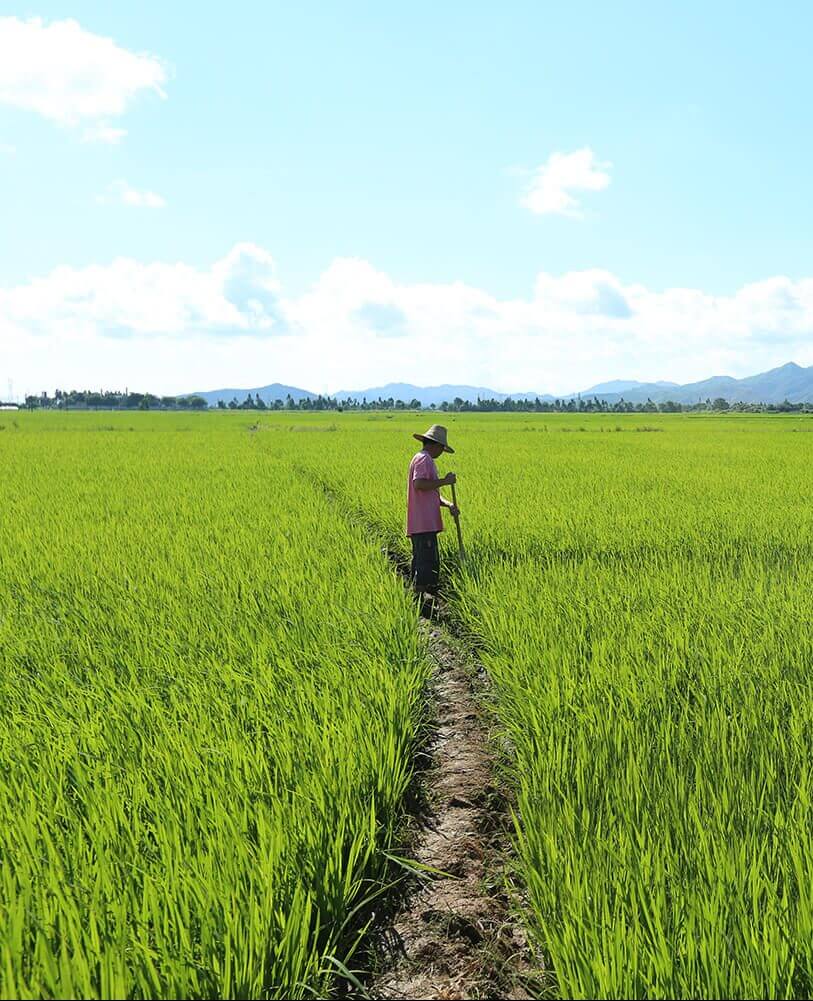Polysulphate
Polysulphate™ fertilizer comes from the polyhalite layer of rock, over 1000m below the North Sea off the North Yorkshire coast in the UK. Deposited 260 million years ago, it lies 150-170m below the potash seam at the ICL UK Boulby Mine. It contains four nutrients which makes it a unique product: sulphur, potassium, magnesium,and calcium. Its nutrients are readily available for plant uptake.
Introducing Polysulphate™
Field experiments conducted worldwide using Polysulphate™ have demonstrated its efficacy in increasing crop yields and crop quality. The results have also indicated greater efficiency than standard sources of potassium and magnesium sulphates, as well as gypsum, with significant increases in yields.

ICL FertilizerpluS
ICL is expanding its Polysulphate family of products, to include PotashpluS (with four nutrients – K, Mg, S and Ca) and PKpluS (with five nutrients – P, K, Mg, S and Ca). These products give farmers a different choice of applying sulphur rather than nitrogen-based products, which run the risk of creating ammonia emissions, polluting groundwater and acidifying soils. The prolonged availability of the sulphate in Polysulphate products benefits the crop and is more aligned to its needs during growth. This makes them very efficient fertilizers and reduces loss through leaching.
Farmer’s Testimonial

Carbon Footprint of Polysulphate
Polysulphate is natural

Perhaps the most innovative aspect of PolysulphateⓇ is its low environmental impact. Polysulphate requires no processing and creates no waste products. The mineral is mined, crushed, screened and bagged with no chemical intervention or process. It therefore has a low carbon footprint fertilizer and helps farmers reach industry carbon targets.
In 2018, ICL conducted a full Carbon Footprint analysis for Polysulphate and has compared the findings to other common fertilizers. The analysis was conducted by Filkin & Co. EHS Limited, a U.K. consultancy specializing in LCA and Carbon Footprint research. The results are clear. The calculated global warming potential value for Polysulphate is 0.06 kg CO2e per kg of product. This value was found to be the lowest out of a group of leading comparable products (see chart above).


